2-Day Experiential Course-MBCT From Start to Finish – Richard Sears
Original price was: $149.99.$45.00Current price is: $45.00.
2-Day Experiential Course-MBCT From Start to Finish – Richard Sears Download. The evidence for using mindfulness is also exploding in the clinical research…
Salepage link: At HERE. Archive:
CBT has a long history of helping clients break free from negative thoughts. But have you ever found that the more you challenge your client’s thoughts, the worse they get?
The evidence for using mindfulness is also exploding in the clinical research literature. Unfortunately, if used to help clients temporarily feel better, you might be reinforcing avoidance of their thoughts and feelings, making them worse in the long run!
I am often asked how CBT and mindfulness can work together. After all, CBT is all about change, and mindfulness emphasizes acceptance of reality in this moment. The answer is simple: we must accept reality as it is in order to effectively build a life worth living.
With Mindfulness-Based Cognitive Therapy (MBCT), you get the best of both CBT and mindfulness. MBCT is an empirically-validated intervention with decades of research support. The 8 sessions of the formal MBCT protocol is a “boot camp” for clients and clinicians to systematically learn and experience the subtle and sophisticated principles of mindfulness and CBT. The principles can also be easily incorporated into other therapy modalities to synergize the effectiveness of what you are already doing.
However, you cannot leverage the power of these techniques just by reading about them. To provide these interventions effectively for clients, it is imperative to experience it for yourself. Learn from psychologist and expert mindfulness trainer Dr. Richard Sears for a two-day experiential MBCT recorded workshop. You will experience every mindfulness exercise, CBT principle, and didactic component of the entire program, along with tips for adapting the material into a variety of individual therapy settings.
As an added bonus, programs like MBCT have also been shown to reduce stress and burnout for clinicians! And, when clinicians practice mindfulness for themselves, their clients have better outcomes!
- Compile the underlying mechanisms that make mindfulness techniques effective for stress, depression, anxiety, trauma, pain and addiction.
- Breakdown the role of thoughts in perpetuating symptoms of stress, anxiety, and depression as it relates to ruminating thoughts and behaviors in clients.
- Describe the brain changes associated with mindfulness practice to explain to clients the scientific effectiveness of practicing mindfulness.
- Connect how mindfulness builds upon and refines the evidence-based principles of Cognitive-Behavioral Therapy (CBT).
- Incorporate mindfulness practices into traditional CBT through records to help alleviate clients of intrusive, obsessive compulsive thoughts.
- Utilize specific mindfulness-based techniques to help client disengage from the narrative of negative thoughts and emotions.
- Organize the eight session structure used MBCT program in your own clinical setting.
- Differentiate between the group process in MBCT vs. CBT to avoid clients’ cycles of struggling with distressing thoughts and feelings.
- Practice guiding a client through a 3-minute mindfulness exercise to improve the consistency of conscious choices rather than automatic reactions when distressed.
- Explore the use of decentering skills with a client, in a session, in the reduction of worry and ruminations.
- Apply the three steps of the mindful inquiry process, after the mindfulness exercise is over, to help clients more quickly internalize the skills and attitudes that allows them let go of struggle and make conscious choices.
- Adapt the MBCT curriculum to different client populations, including children, as it relates to treatment considerations.
Foundations & Principles of MBCT
- Why combine Mindfulness and CBT?
- The evidence for MBCT
- The neurological evidence
- Adaptation and Expansion of CBT Principles
- Limitations of the research and potential risks
Core Techniques of MBCT
- Mindfulness Techniques in MBCT
- The Body Scan
- Three-Minute Breathing Space
- Mindful Stretching techniques
- Daily Mindfulness techniques
- Sitting with Difficult feelings
- Mindful Inquiry – The Crucial Step of Processing Post-Exercise
- CBT Practices Applied in MBCT
- Behavioral experiments, Exposure therapy, The ABC model and thought and feeing records
- Identifying relapse signatures
- Relapse prevention plans
STEP-BY-STEP GUIDED EXERCISES FOLLOWED BY MINDFUL INQUIRY
The 8 Session MBCT Curriculum
How to Develop Awareness
- Session 1 – Stepping out of Auto Pilot Mode
- The difference between thinking and experiencing
- Techniques for everyday activities
- Session 2 – Realizing the Impact of our “Judging Mind”
- Incorporating the ABC model for how thoughts and feelings interact
- Noticing pleasant events and how they affect us
- Session 3 – Bringing us to the Present Moment
- Mindful breathing and body techniques
- Notice unpleasant events and how we react
- Exploring and relating differently to uncomfortable experiences
How to Be Present with Our Experiences
- Session 4 – Staying present rather than chasing or ignoring experiences
- Techniques to recognize aversions and work through them
- Conscious choice versus automatic reactions
- Session 5 – Accept and Let Things Be
- How to recognize and let go of the wasted energy of struggling with reality
- Exposure practice for moving through difficult experiences
- Session 6 – Realizing Thoughts are Not Facts
- The science of how the human brain gives distressing thoughts about their power
- How fighting thoughts can make them worse
- Tools for taking the power away from negative thoughts
How to Make Skillful Choices
- Session 7 – Self-Care Plans and Avoiding Relapse
- How daily activities affect mood
- Catch the early warning signs
- Activities and exercises to incorporate into daily life
- Session 8 – Maintain and Personalize MBCT Practices
- How to maintain client engagement
- Adapting techniques to the client for long term success
MBCT-Based Interventions for:
Trauma
- Relating differently to intrusive thoughts and feelings
- Memory reconsolidation to reprogram old reactions
Anxiety
- How ruminations and worries are negatively reinforced
- Exposure to body sensations to break through the extinction burst
- How to utilize mindfulness even during a panic attack
Chronic Pain
- Tease apart thoughts and reactions from physical pain
- Create a life worth living and bringing the pain along for the ride
Stress
- How long-term stress affects short-term crises
- Harness the energy of the stress response
Depression
- Urge surfing – “riding the waves” versus struggling
- Chain analysis – find and change the causes of relapse
Children & Adolescents
- Recognize choice points
- The snow globe analogy for working with swirling thoughts
Here's an overview of the prominent keywords and a list of famous authors:
Business and Sales: Explore business strategies, sales skills, entrepreneurship, and brand-building from authors like Joe Wicks, Jillian Michaels, and Tony Horton.
Sports and Fitness: Enhance athleticism, improve health and fitness with guidance from experts like Shaun T, Kayla Itsines, and Yoga with Adriene.
Personal Development: Develop communication skills, time management, creative thinking, and enhance self-awareness from authors like Gretchen Rubin, Simon Sinek, and Marie Kondo.
Technology and Coding: Learn about artificial intelligence, data analytics, programming, and blockchain technology from thought leaders like Neil deGrasse Tyson, Amy Cuddy, and Malcolm Gladwell.
Lifestyle and Wellness: Discover courses on holistic health, yoga, and healthy living from authors like Elizabeth Gilbert, Bill Nye, and Tracy Anderson.
Art and Creativity: Explore the world of art, creativity, and painting with guidance from renowned artists like Bob Ross and others.
All the courses on WSOlib are led by top authors and experts in their respective fields. Rest assured that the knowledge and skills you acquire are reliable and highly applicable.
Specification: 2-Day Experiential Course-MBCT From Start to Finish – Richard Sears
|
User Reviews
Only logged in customers who have purchased this product may leave a review.

Original price was: $149.99.$45.00Current price is: $45.00.

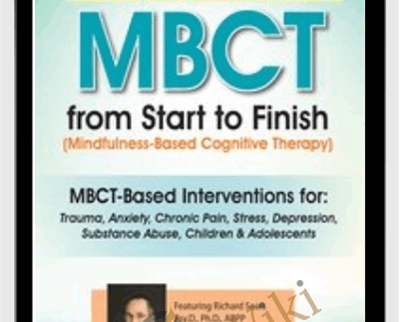

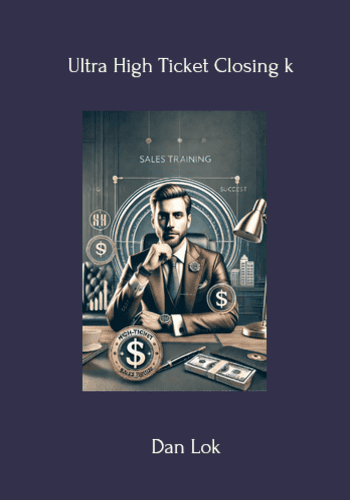
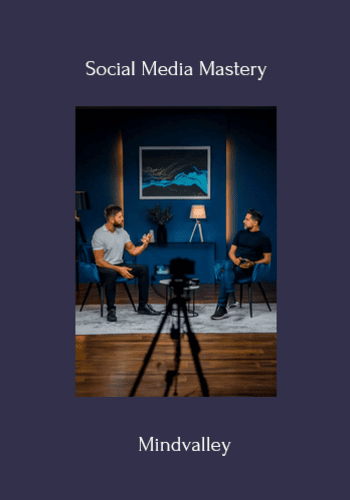
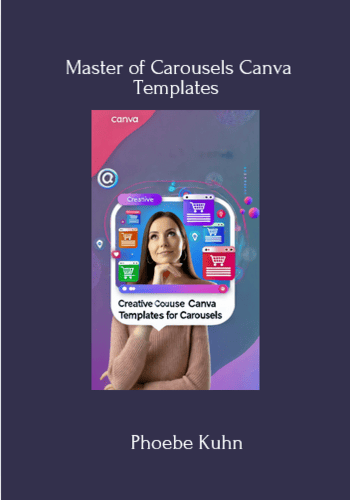

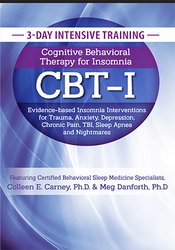
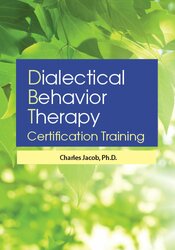
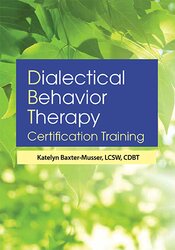
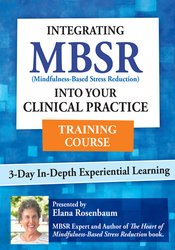
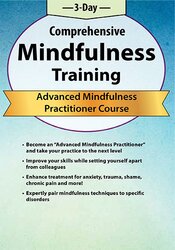
There are no reviews yet.